Different Methods for Testing Water Quality at Home
2023-11-13
Water is an essential resource for life, and ensuring its quality is crucial for our health and well-being. Testing your water can help identify potential contaminants and ensure your drinking water meets the necessary standards.
Test Strips
One of the simplest and most cost-effective methods for testing water quality is using test strips. These strips are coated with chemicals that react to specific contaminants in the water. To use them, dip the strip into a water sample and compare the colour change to a provided colour chart. Test strips can detect common contaminants like chlorine, bacteria, lead, and pH levels. However, they may need to provide accurate results for more complex contaminants.
DIY Kits
Do-it-yourself (DIY) testing kits are another popular option for
testing water quality at home. These kits usually have instructions and all the
necessary equipment to collect and analyze water samples. They can test for
contaminants, including bacteria, heavy metals, pesticides, and nitrates. DIY
kits generally involve more steps and time compared to test strips but offer a
higher level of accuracy.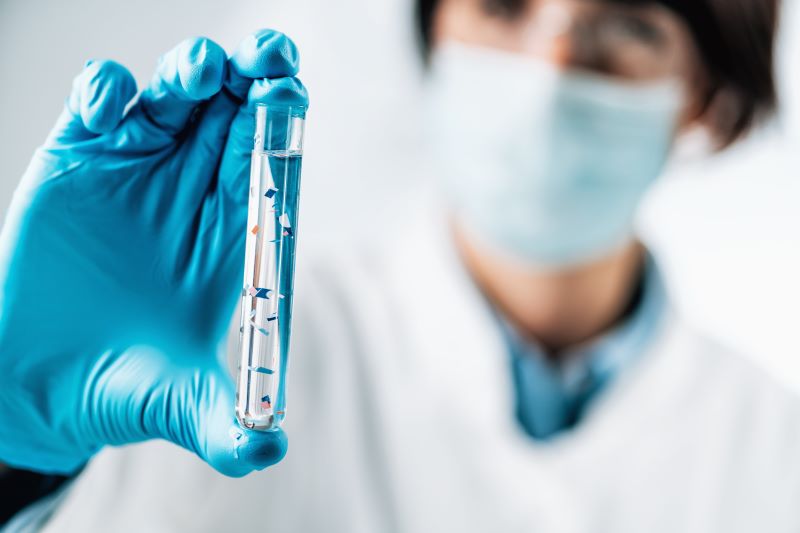
Laboratory Testing
For a comprehensive and accurate water quality analysis, laboratory testing is the most reliable option. Many certified laboratories offer water testing services for a fee. To conduct laboratory testing, collect a water sample and send it to the laboratory for analysis. The results will typically include a detailed breakdown of contaminants present in the water. This method is particularly useful if you suspect a specific contaminant or want to ensure compliance with regulatory standards.
Electronic Testers
Electronic testers, also known as digital meters, are devices that measure various parameters of water quality. They can provide instant readings for pH levels, total dissolved solids (TDS), temperature, and conductivity. Electronic testers are easy to use and offer relatively accurate results. However, they may require regular calibration and can be more expensive compared to other testing methods.
Professional Water Testing
If you have concerns about the quality of your drinking water, it may be worth considering professional water testing. Hiring a certified water specialist can provide a comprehensive assessment of your water quality. These specialists use advanced equipment and methods to test for various contaminants, including microbiological, chemical, and physical parameters. While professional testing can be more expensive, it offers a thorough analysis and expert recommendations for water treatment, if necessary.
Don't let your water quality be a mystery. Test it today!
With the iLiv water purifier, you can ensure your water is safe and clean. Our water purifiers use cutting-edge technology to remove impurities and contaminants from your water.

The Role of Alkaline Water in Digestion: Why Switch to iLiv Alkaline Machine?
2025-01-06
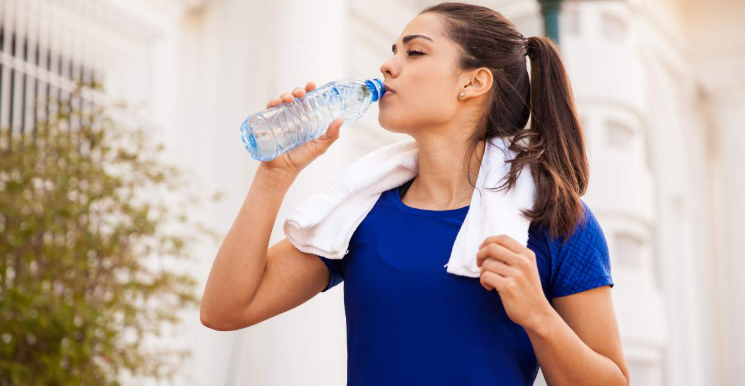
How does Alkaline water help balance pH levels in the body?
2025-01-06
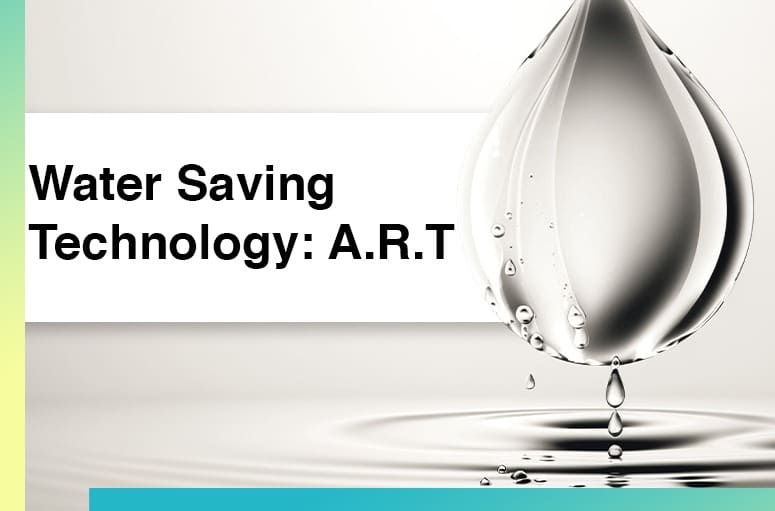
Water-Saving Technology: Aqua Reverse Technology (A.R.T)
2023-12-19

Should Athletes Drink Alkaline Water?
2023-12-19
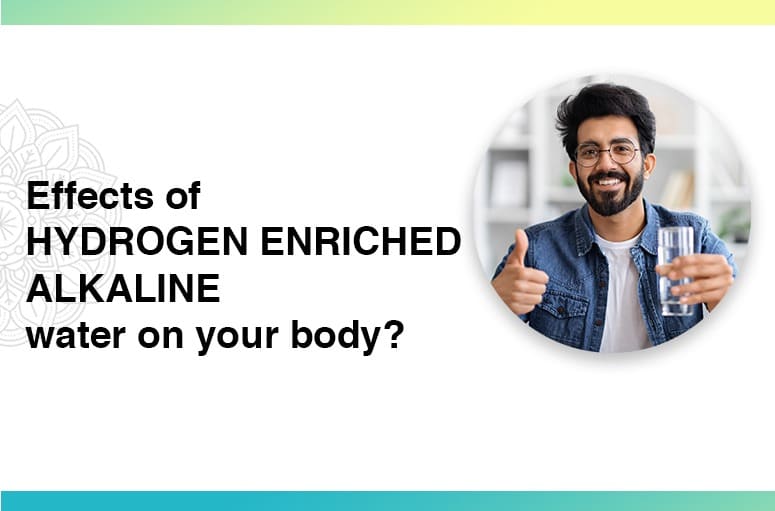
What are the effects of hydrogen-alkaline water on your body?
2023-12-19
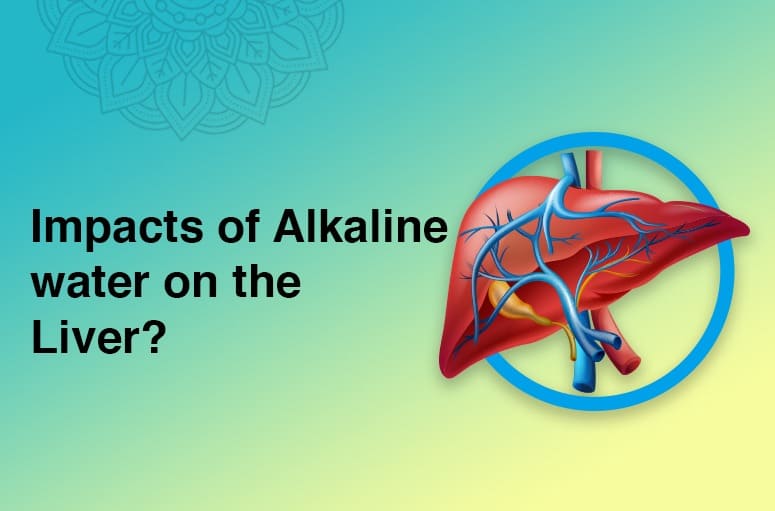
Impacts of Alkaline water on the Liver
2023-12-19
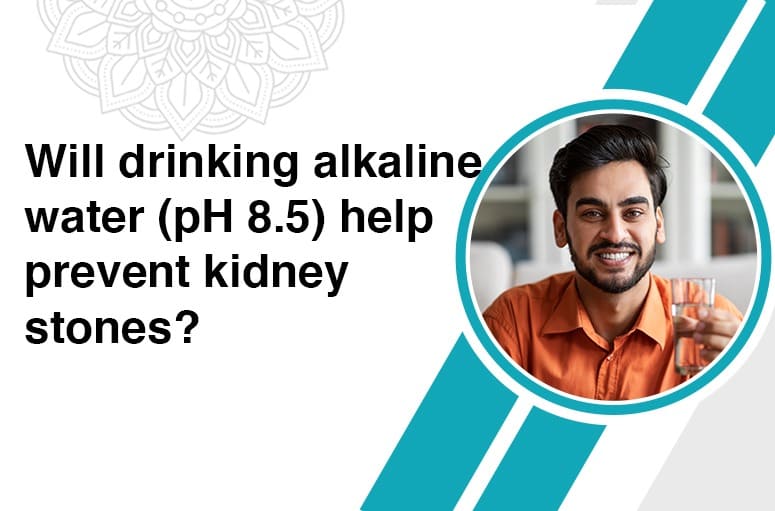
Will Alkaline Water (pH 8.5) help prevent kidney stones?
2023-12-19
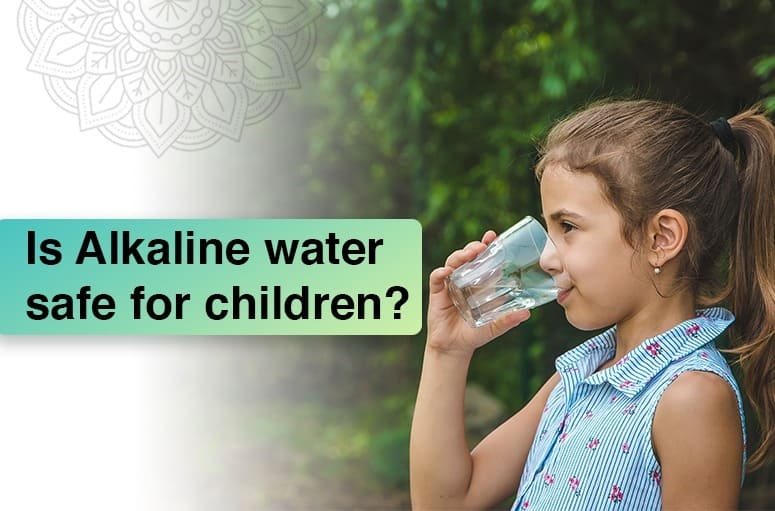
Is Alkaline Water Safe for Children?
2023-12-14
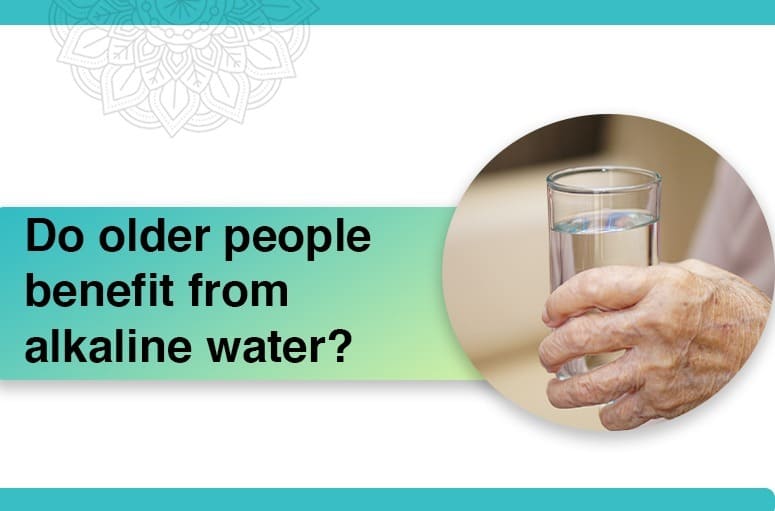
Do Older People Benefit from Alkaline Water?
2023-12-14
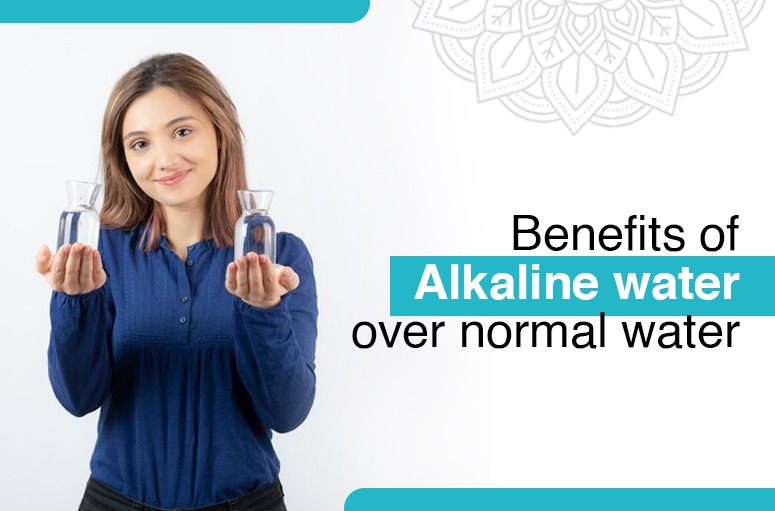
What benefits do we get from drinking alkaline water over normal water?
2023-12-11